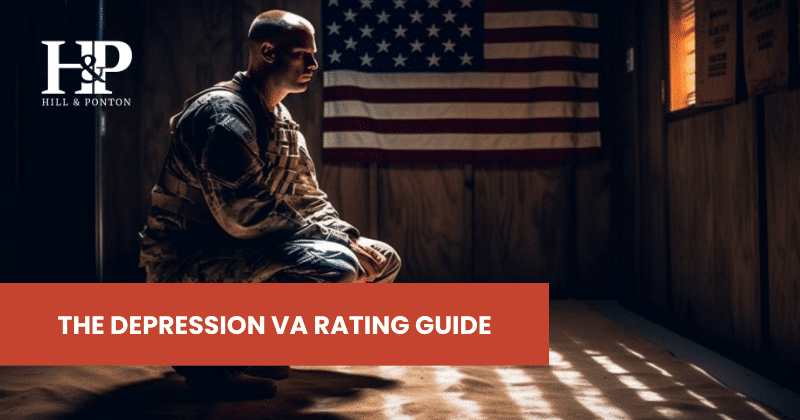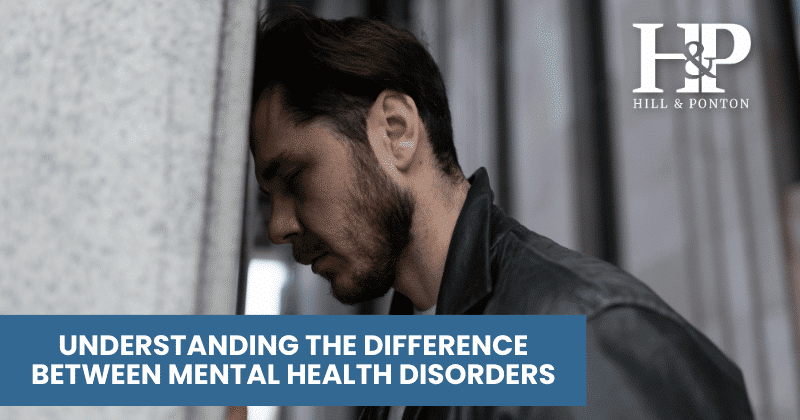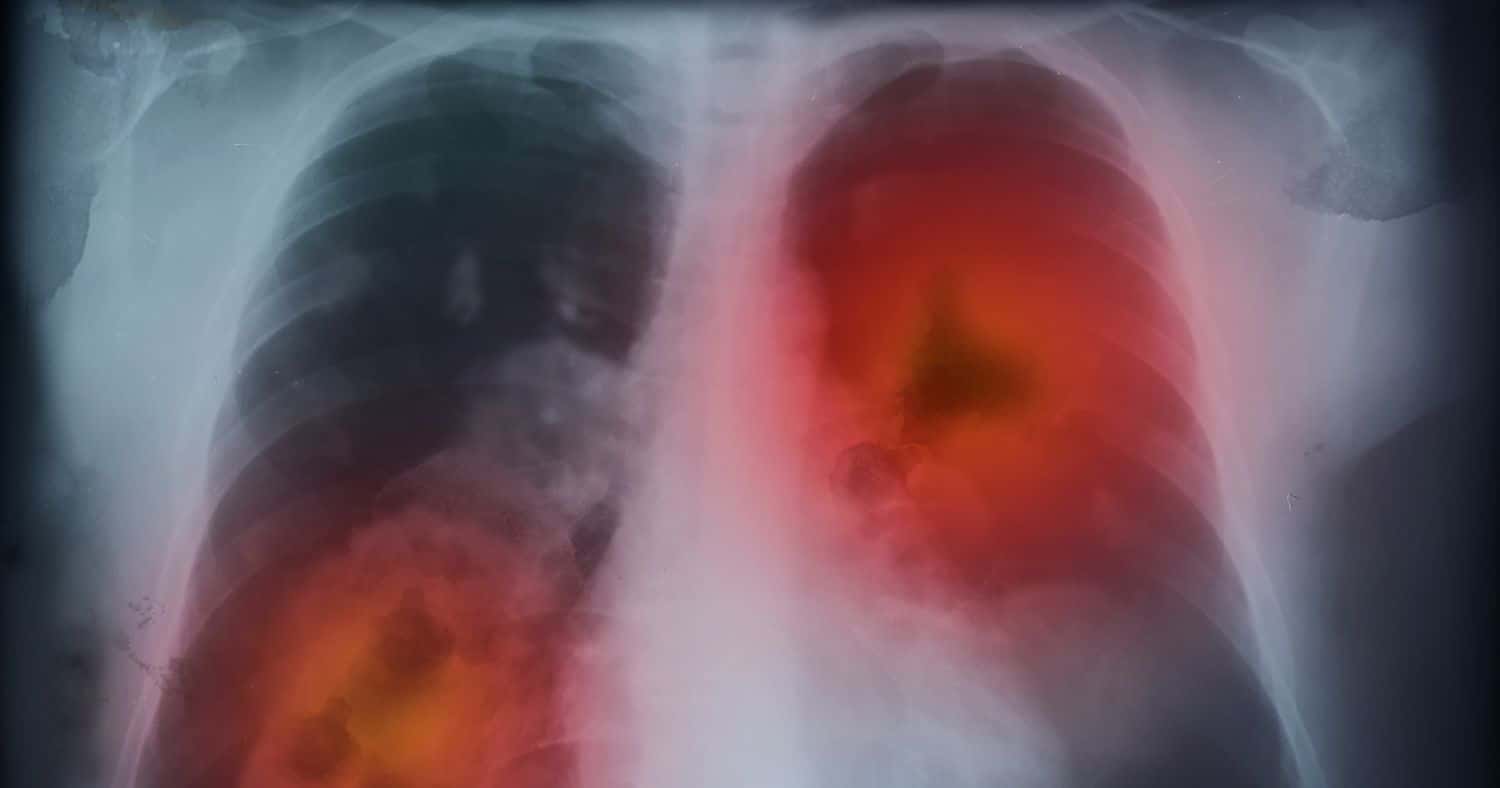As a nation, we owe a deep debt of gratitude to our veterans who have bravely served our country.
However, the struggles that many veterans face after their service can be complex and challenging, with mental health issues being a significant concern.
One of the most alarming and heartbreaking issues is veteran suicide. According to the U.S. Department of Veterans Affairs (VA), an estimated 17 veterans die by suicide every day in the United States.
This statistic highlights the urgent need to address mental health and suicide prevention among our veteran population.
The VA recognizes the severity of this issue and has taken steps to provide better access to mental health care for veterans, including acute suicide care.
Acute suicide care is a critical component of the VA’s comprehensive mental health care services, providing urgent care to veterans in crisis.
This includes immediate intervention and treatment for veterans who are experiencing acute suicidal ideation or have made a suicide attempt.
It’s important to note that not all veterans are eligible for acute suicide care.
Eligibility for this specialized care is determined by the VA based on certain criteria.
Recently the VA announced better access to acute suicide care for veterans in crisis, but who exactly is eligible for this program? Read on to find out.
What Changes Were Made?
Eligible Veterans and some former service members can now go to any VA or non-VA hospital for emergency health care during an acute suicidal crisis, and it will be paid for by VA.
This includes ambulance transportation, related prescriptions, up to 30 days of inpatient or crisis residential treatment, and up to 90 days of outpatient care at no cost to them.
The new benefit is saving lives and supports one of VA’s top clinical priorities—preventing veteran suicide.
Health care facilities with emergency services are required to treat every patient in need of emergency care, regardless of their ability to pay, under the Emergency Medical Treatment and Labor Act.
Now that VA can pay for emergency care for eligible former service members experiencing an acute suicidal crisis, the benefit also eases the burden on our nation’s pandemic-stressed health care system.
Who is Eligible?
- VA will provide or pay for the care of veterans who served prior to September 7, 1980, if they were discharged from the military under a condition that is not dishonorable or the result of a general court martial.
- VA will also provide or pay for the care of veterans who enlisted or were commissioned after September 7, 1980, or entered active duty after October 16, 1981, and received a military discharge under a condition that is not dishonorable or the result of a general court martial after serving 24 continuous months or the full period for which they were called to active duty, unless they were discharged for a disability that was caused or made worse by their active-duty service or for a hardship or “early out.”
- Veterans who were discharged under other than honorable conditions may also be eligible for this benefit if they served 100 cumulative days in a combat zone or in support of a contingency operation, or were the victim of a physical assault of a sexual nature, a battery of a sexual nature, or sexual harassment while serving in the armed forces.
Why Veteran Mental Health Matters
Veterans often face mental health challenges as a result of their military service. These challenges may include post-traumatic stress disorder (PTSD), depression, anxiety, traumatic brain injury (TBI), and other mental health conditions.
These conditions can significantly impact a veteran’s quality of life, relationships, and daily functioning.
Untreated mental health conditions can have serious consequences for veterans.
They can lead to a wide range of negative outcomes, including substance abuse, job loss, homelessness, and even suicide.
Mental health issues can also strain relationships with loved ones, affect job performance and productivity, and hinder a veteran’s ability to enjoy life to the fullest.
It’s crucial for veterans to understand that seeking treatment for mental health issues is not a sign of weakness, but rather a courageous and proactive step towards managing their symptoms and improving their well-being.
Mental health treatment options for veterans may include evidence-based therapies, medications, counseling, support groups, and other interventions tailored to their unique needs and experiences.
Seeking treatment can help veterans develop coping skills, resilience, and strategies to manage their mental health challenges.
It can provide them with tools to effectively manage symptoms, reduce distress, and improve their overall quality of life.
Treatment can also help veterans develop a support system and connect with peers who have similar experiences, creating a sense of community and belonging.
Barriers to Seeking Treatment
Despite the importance of mental health care for veterans, many face barriers to seeking treatment.
These barriers may include stigma, fear of judgment, lack of awareness about available resources, logistical challenges, and concerns about the impact on their military career or benefits.
These challenges can prevent veterans from seeking the help they need to manage their mental health.
However, it’s crucial for veterans to understand that seeking treatment for mental health issues is not a sign of weakness.
In fact, it takes courage and proactive effort to prioritize one’s mental well-being.
Veterans have sacrificed and served their country, and taking care of their mental health is essential, and so is access to the healthcare services they need.
It’s important for veterans to know that there are resources available to support their mental health.
The Department of Veterans Affairs (VA) provides a wide range of mental health services specifically tailored to veterans.
This includes evidence-based therapies, medications, counseling, support groups, and other interventions that can help veterans effectively manage their mental health conditions.
Veterans are also encouraged to reach out to mental health professionals, such as psychologists, psychiatrists, or counselors, who have experience working with veterans.
These professionals can provide specialized care that takes into account the unique needs and experiences of veterans, and can help veterans develop coping skills, resilience, and strategies to manage their mental health challenges.
Remember–prioritizing mental health can have a positive impact on many areas of a veteran’s life.
Improved mental health can enhance relationships, both personal and professional, and contribute to a better quality of life.
It can also lead to better work performance and productivity, ultimately benefiting a veteran’s overall well-being.
Benefits of Seeking Treatment
Seeking treatment for mental health issues is crucial for veterans as it can lead to a variety of positive outcomes.
Improved mental health outcomes, including better coping skills and enhanced resilience, are some of the benefits of seeking treatment.
Veterans may have access to evidence-based therapies, medications, counseling, support groups, and other interventions tailored to their unique needs and experiences, which can help them effectively manage their mental health conditions.
In addition to improving mental health, seeking treatment can also provide veterans with a support system.
Connecting with peers who have similar experiences through counseling, support groups, or other mental health care settings can create a sense of community and belonging.
This support system can play a vital role in a veteran’s recovery journey, providing encouragement, empathy, and understanding.
As advocates for veterans’ rights, we encourage all veterans to prioritize their mental health and seek treatment when needed.
Taking care of one’s mental well-being is a courageous and essential step towards ensuring a healthy and fulfilling life after military service.
If you are or know a Veteran in crisis, call the Veterans Crisis Line at 988 (press 1) or text 838255.
Remember, you are not alone. Help is available.
More Mental Health Resources for Veterans







